Published
- 07:00 am
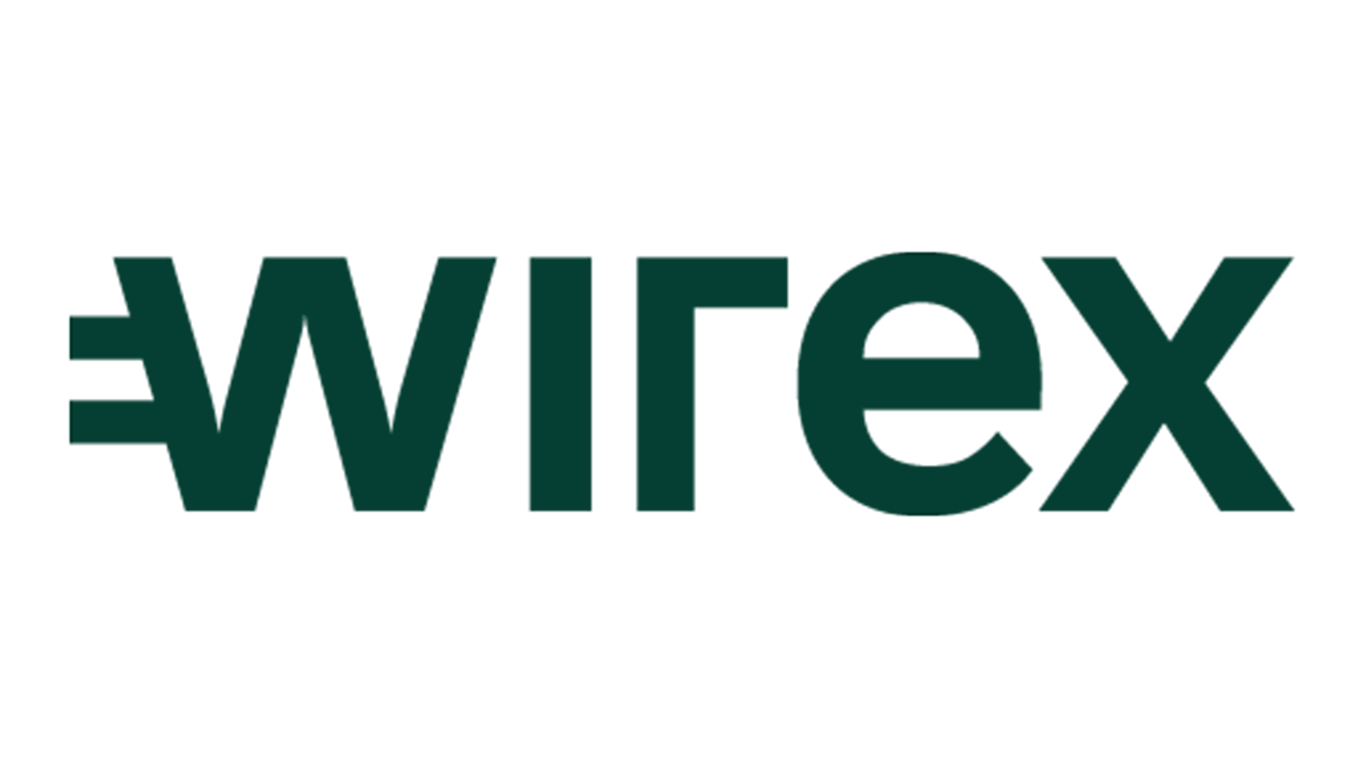
Wirex, a leading digital payment platform, is thrilled to announce the appointment of Anna Di Censo, a distinguished tier-1 talent from the traditional banking sector, as the new Money Laundering Reporting Officer (MLRO) for Italy.
Anna brings to Wirex a wealth of experience from BBVA, where she was instrumental in strengthening the bank's compliance frameworks and anti-money laundering (AML) strategies. Her proven track record in navigating the complexities of financial regulations and her deep understanding of the global financial landscape make her an invaluable asset to Wirex as the company anchors its leadership further in the thriving crypto market.
"At Wirex, we are dedicated to upholding the highest standards of compliance and risk management, and the addition of Anna to our team signifies our unwavering commitment to these principles," said Pavel Matveev, CEO of Wirex. "Her exceptional expertise and insights from the traditional banking sector will be pivotal in fortifying our - robust compliance and risk function further. This is a clear indicator of our proactive approach to growth and our readiness to embrace the opportunities presented by a bullish market."
The hiring of Anna is a part of Wirex's strategic initiative to bolster its presence on a global scale, with a particular focus on enhancing its operational framework in Italy. This move is aligned with the company's vision to bridge the gap between traditional and digital finance, ensuring a secure, compliant, and innovative platform for users worldwide.
Expressing her enthusiasm for her new role at Wirex, Anna stated, "I am honoured to join Wirex and contribute to the company's strategic vision. The decision to create the MLRO role reflects Wirex's proactive approach to compliance and risk management, which are essential components of sustainable growth in the digital payment industry."
Wirex's commitment to regulatory excellence and innovation in the financial services sector is exemplified through its strategic hiring decisions and its dedication to providing a seamless and secure digital finance platform for its customers. With Anna's appointment, Wirex is poised to strengthen its market position, demonstrating its readiness to lead in the rapidly evolving digital payments landscape.
Related News
- 01:00 am
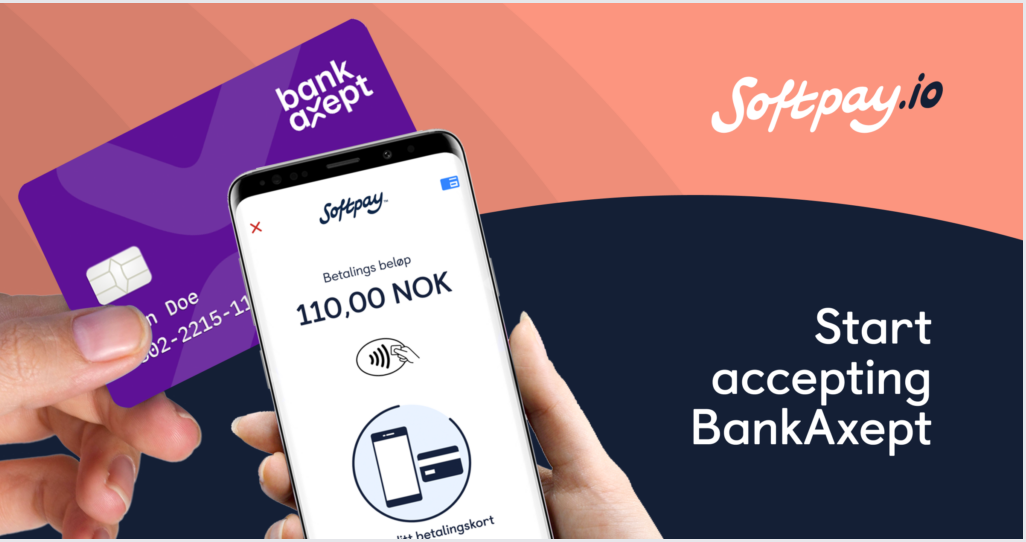
Softpay is excited to share that it now accepts BankAxept, the leading card scheme in Norway, as part of its advanced payment solutions. Softpay is the first company to offer a tap-to-phone solution that accepts BankAxept, ensuring fast and secure transactions for both merchants and customers.
During the pilot phase, through successful partnerships with Plantasjen, Kristiansand Dyrepark, among others, the integration of Softpay’s technology with BankAxept’s payment scheme demonstrated high effectiveness.
ㅤ
With Softpay, merchants can use any Android device to accept BankAxept cards in-store, at pop-up locations, or for deliveries, providing mobility and reducing transaction costs. Softpay has been used successfully by small merchants like local hairdressers or restaurants and by enterprise and global merchants like fashion, health and beauty, and sports retailers.
ㅤ
''Not surprisingly, we experience great demand for BankAxept, which is a very cost-effective, secure and fast payment method. This is super good news for all existing customers and not least for those who are dying to get started but have been waiting for this to come into place,''– says Halvor Kaafjeld, head of Softpay in Norway.
“Although we will probably see the traditional payment terminal in the market for quite some time to come, it is clear that the trend is towards merchants going for more software-based solutions where they no longer need the physical payment terminal. Many of the Norwegian cash register systems are already integrated with Softpay so that the user site can easily get started with running both cash register and payment applications on one and the same device.
ㅤ
Not surprisingly, we experience great demand for BankAxept, which is a very cost-effective, secure and fast payment method. This is super good news for all existing customers and not least for those who are dying to get started but have been waiting for this to come into place.I would also like to add that all of us from Softpay who have been involved in the project are very satisfied with the project implementation. It has been a pleasure to work with both BankAxept and BITS and we look forward to a further good partnership with BankAxept, says Halvor Kaafjeld, head of Softpay in Norway.”
BankAxept is integral to the Norwegian economy, facilitating a significant portion of in-store transactions with its cost-effective and widely accepted payment system. The integration with Softpay allows merchants across Norway to access fast, secure, and versatile payment options, enhancing the customer experience.
ㅤ
Softpay’s platform supports various acquirers, card schemes, and digital wallets, including Apple Pay, Google Pay, and Samsung Pay. This ensures that businesses can easily meet customer’s payment preferences, utilizing tap-to-phone technology that converts any Android device into a contactless payment terminal with a pin.
"We are very content that BankAxept is available as an app-solution. It´s cheaper and simpler to get started for smaller businesses, and it provides flexibility for businesses that have peak-periods where more selling points can be added in no time. We believe the combination of traditional terminals and multiple mobile selling points will be common in the future,"– says Anita Frantzen, head of physical cards in BankAxept.
Related News
- 02:00 am
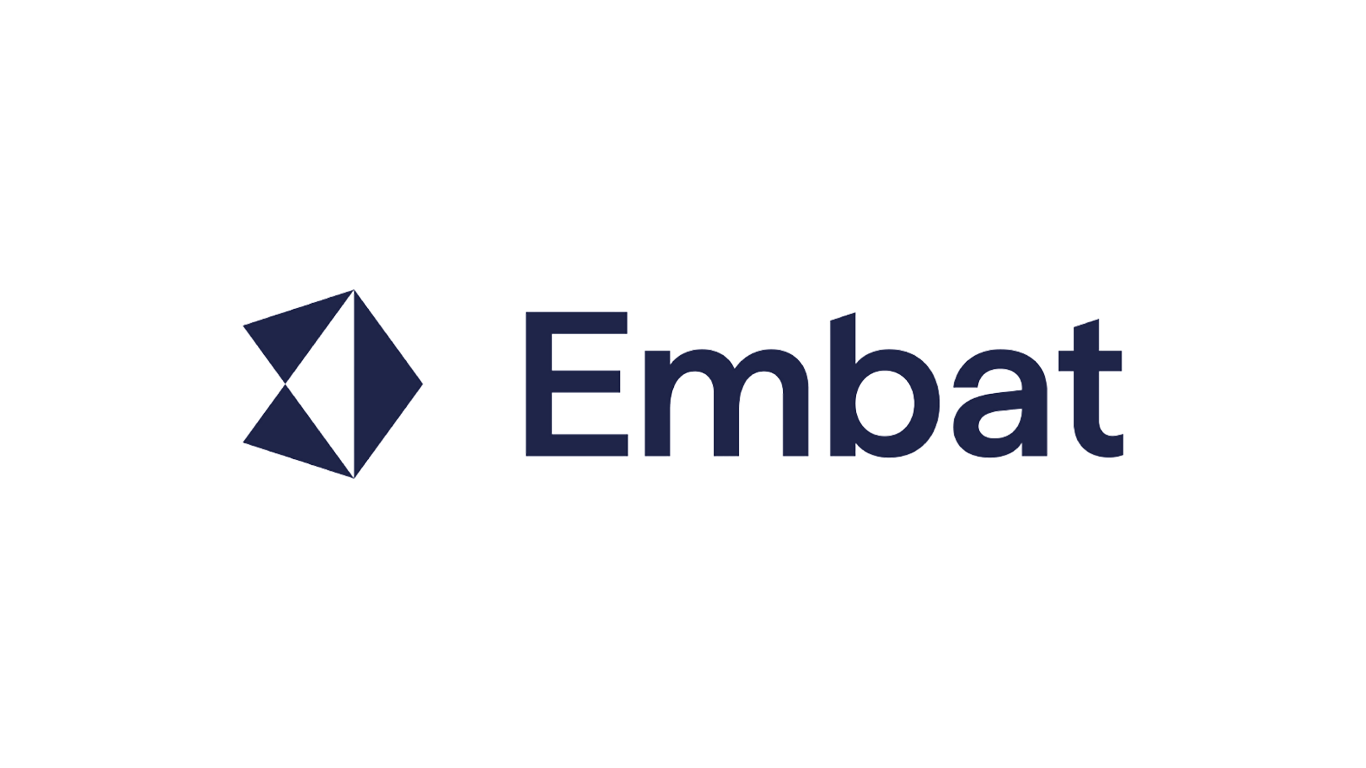
Embat has closed a financing round of $16 million Series A led by Creandum, Spanish VC Samaipata, 4Founders, and Venture Friends in Greece.
Madrid-based startup Embat, founded in 2021 to digitize and automate processes for finance teams, automates accounting and bank reconciliation and deals with corporate treasury management, centralizing collections, payments, and treasury processes, Embat was created by 3 founding partners: Carlos Serrano García-Lisón and Antonio Berga - both former executives at JP Morgan - and Tomás Gil, former CTO at Fintonic and Latam.
After over a decade in investment banking, Antonio Berga and Carlos Serrano identified a critical need among finance teams for cloud-connected, collaborative, and intuitive tools to enhance visibility and control over their processes. Motivated by this, they partnered with Tomás Gil to launch a project aimed at empowering thousands of finance teams to streamline their operations.
Antonio Berga, Co-founder of Embat: "This investment is more than just financial backing; it's a testament to the trust and belief in our collective mission and vision to redefine treasury management and set the stage for the corporate bank of the future.With a vibrant team of over 70 international #Embatianos and a solid foundation of c.150 clients, our expansion plans across key European markets, including the UK and Germany, are deeply intertwined with our commitment to innovation, technology, and, most importantly, fostering and nurturing human connections.
This chapter of our 'Infinite Game' is a reflection of what we can achieve together. It's a narrative of growth, ambition, and a relentless pursuit of excellence."
Related News
- 03:00 am

BFREE, Africa’s leading ethical credit manager platform, proudly announces the successful completion of its latest funding round, securing a total of US$ 2.95 million. The round, led by Capria Ventures, a Global South specialist investing in applied Generative AI, welcomed a consortium of esteemed investors, including Angaza Capital, GreenHouse Capital, Launch Africa, Modus Africa, Axian CVC, and angel investors.
Founded in 2020 by Julian Flosbach, Chukwudi Enyi, and Moses Nmor, BFREE is dedicated to reshaping the credit collection landscape across emerging markets in Africa. Leveraging cutting-edge AI technology, BFREE aims to empower consumers to address debt responsibly while providing effective, customer-centric solutions for lenders.
Julian Flosbach, CEO of BFREE, expressed his commitment, stating, “At BFREE, we are focused on addressing the challenges of risk management in African economies. Through the use of AI, we are developing solutions that help distressed borrowers get back on their feet while empowering lenders and contributing to financial market stability across the continent. With the support of our investors, we are poised to make significant strides in transforming risk management for lenders in Africa.”
The infusion of capital from this funding round will empower BFREE to significantly enhance its suite of risk management solutions customized for banks and lenders. While originally founded with a primary focus on credit collection automation software, BFREE has since evolved its approach. At present, the company harnesses extensive datasets on non-performing loan portfolios to expertly evaluate and structure portfolio acquisitions in collaboration with third-party investors. These investors include alternative asset managers and hedge funds seeking to capitalize on emerging markets’ credit portfolios as a new asset class.
Susana García-Robles, Managing Partner at Capria Ventures, said, “The advent of Generative AI provides a pathway for more efficient scaling, enabling the company to expand across the continent at a reduced cost. BFREE is well-positioned to play a crucial role in improving accessibility and mitigating risk in financial services. We foresee the growing prominence of credit management and are confident that BFREE will spearhead the creation of a secondary market on the continent for distressed assets. BFREE has secured significant partnerships with top-tier banks and fintechs, affirming the effectiveness of its product and reinforcing our belief in its potential to transform credit collection in Africa.”
Olivier Munyeshyaka of Angaza Capital, a co-investor in this round, expressed enthusiasm about partnering with BFREE, stating, “At Angaza Capital, we recognize the immense potential of African markets, and we’re excited to partner with BFREE as they embark on their expansion across the continent. Having navigated the complexities of collections firsthand, we’re impressed by BFREE’s commitment to leveraging technology to address these challenges. Together, we’re poised to drive impactful change and unlock new opportunities across Africa.”
BFREE has achieved significant growth since its founding in 2020, serving 4.5 million borrowers across Nigeria, Kenya, and Ghana. The company has established strategic partnerships with major commercial banks, underscoring its role in client development within the region.
With this latest funding infusion, BFREE reaffirms its commitment to spearheading Africa’s leading ethical credit management platform, driving financial inclusion, and empowering individuals and institutions alike to achieve enduring financial stability and prosperity.
Related News
- 05:00 am
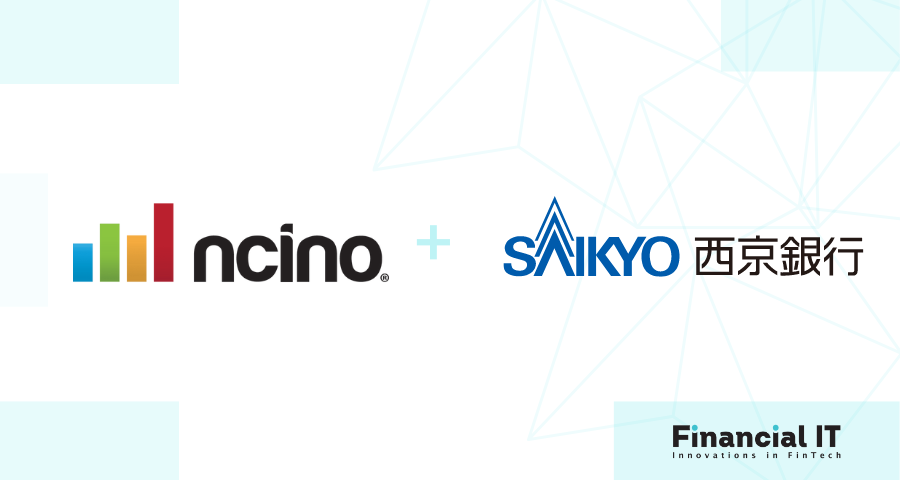
nCino, Inc., a pioneer in cloud banking for the global financial services industry, today announced that The Saikyo Bank, Ltd. (Saikyo), a $20B-asset regional bank in Japan, will implement nCino to improve operational efficiencies and customer convenience. Saikyo will start its single platform journey with nCino by introducing the technology to its mortgage operations.
The adoption of nCino’s platform aims to streamline Saikyo’s mortgage business, from reception, screening, case management and electronic contracting to the execution of mortgage loan operations, allowing the Bank to improve efficiency and customer experience. Leveraging nCino’s platform, the Bank will be able to increase the time that employees spend with customers by reducing administrative tasks, as well as provide data-informed experiences to both the small- and medium-sized businesses and individuals Saikyo serves.
Saikyo chose to partner with nCino based on the company’s reputation of working with financial institutions worldwide. nCino’s ability to integrate the entire mortgage process, including customer experience, allows for thorough enhancement of business processes and customer convenience. Additionally, the flexibility provided by nCino’s platform can facilitate continuous system evolution to meet the changing needs and expectations of customers and employees. nCino’s ongoing investments in innovation and support were also valued in the selection process.
Itsuki Nomura, Representative Director and Country Manager, Japan at nCino, reflected on the partnership: “We are honored to support The Saikyo Bank in realizing its vision of becoming a digitally enabled financial institution focused on helping its relationship managers to become ‘consultants’ to help solve clients’ business issues. nCino is being introduced in the mortgage area at this time, but we look forward to expanding at Saikyo to include unsecured loans for individuals, and commercial lending all on our single platform in the future.”
Related News
- 08:00 am
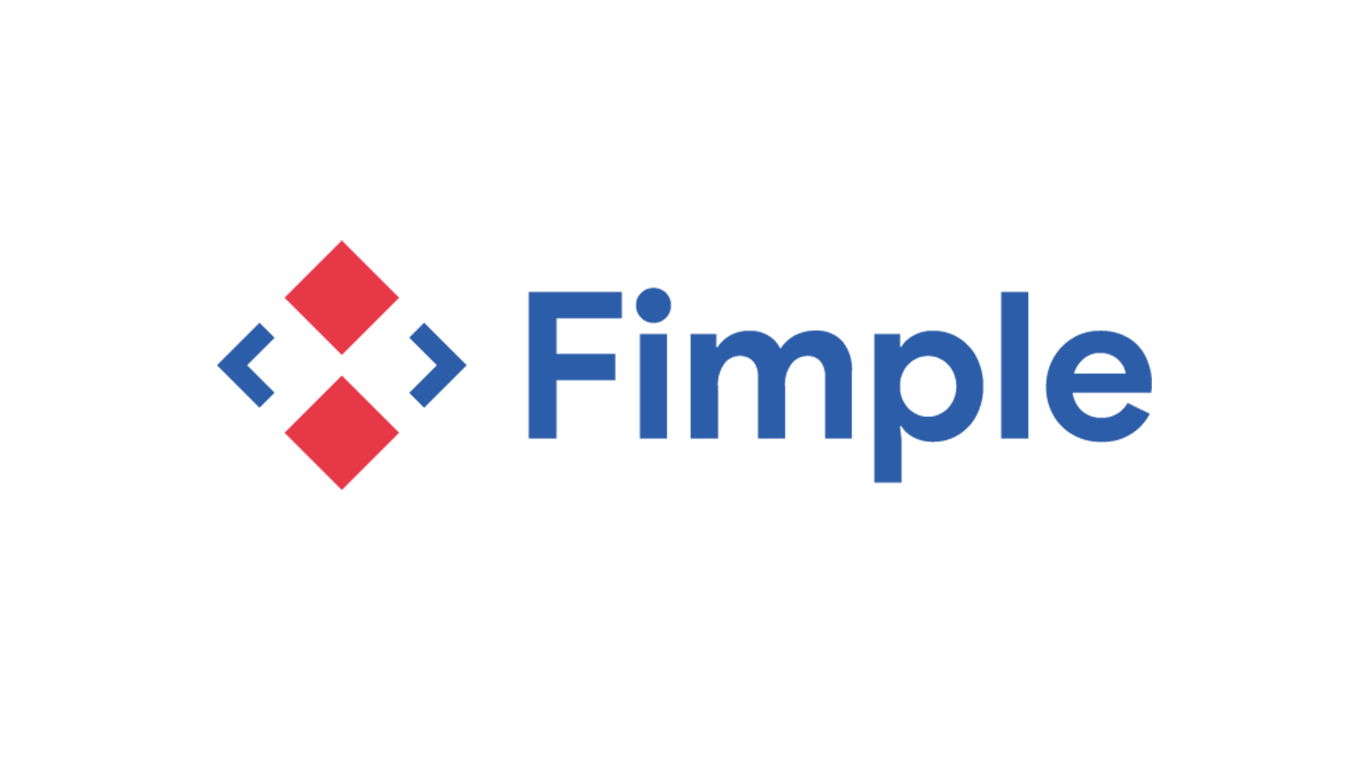
Fimple, a leading provider of core banking and financial solutions, is thrilled to announce a strategic partnership with CR2, a global pioneer in the digital banking and payments industry. This partnership is set to revolutionize the way banks engage with their customers, offering unparalleled digital onboarding, transaction capabilities, and customer engagement through CR2’s innovative platform.
CR2’s BankWorld platform, known for its API-led composable architecture, enables banks to offer a seamless digital experience, incorporating features such as digital onboarding, virtual cards, and a unique digital wallet with native card issuing. This collaboration aligns with Fimple’s mission to provide comprehensive support to its clients, ensuring the efficient integration and maintenance of cutting-edge banking systems.
By leveraging CR2’s agile platform, Fimple will empower financial institutions worldwide to quickly adapt to market changes, drive revenue, and improve operational efficiencies. CR2’s extensive integration experience and interoperability with all payment rails enhance Fimple’s core banking solutions, enabling rapid product and service development with highly configurable and low-code digital tooling.
This partnership signifies a mutual commitment to providing financial institutions with the tools they need to stay ahead in a rapidly evolving digital landscape. Together, Fimple and CR2 will work closely to ensure the seamless deployment and ongoing enhancement of digital banking and payment solutions, enabling banks to not only meet but exceed customer expectations in digital engagement.
Related News
- 01:00 am
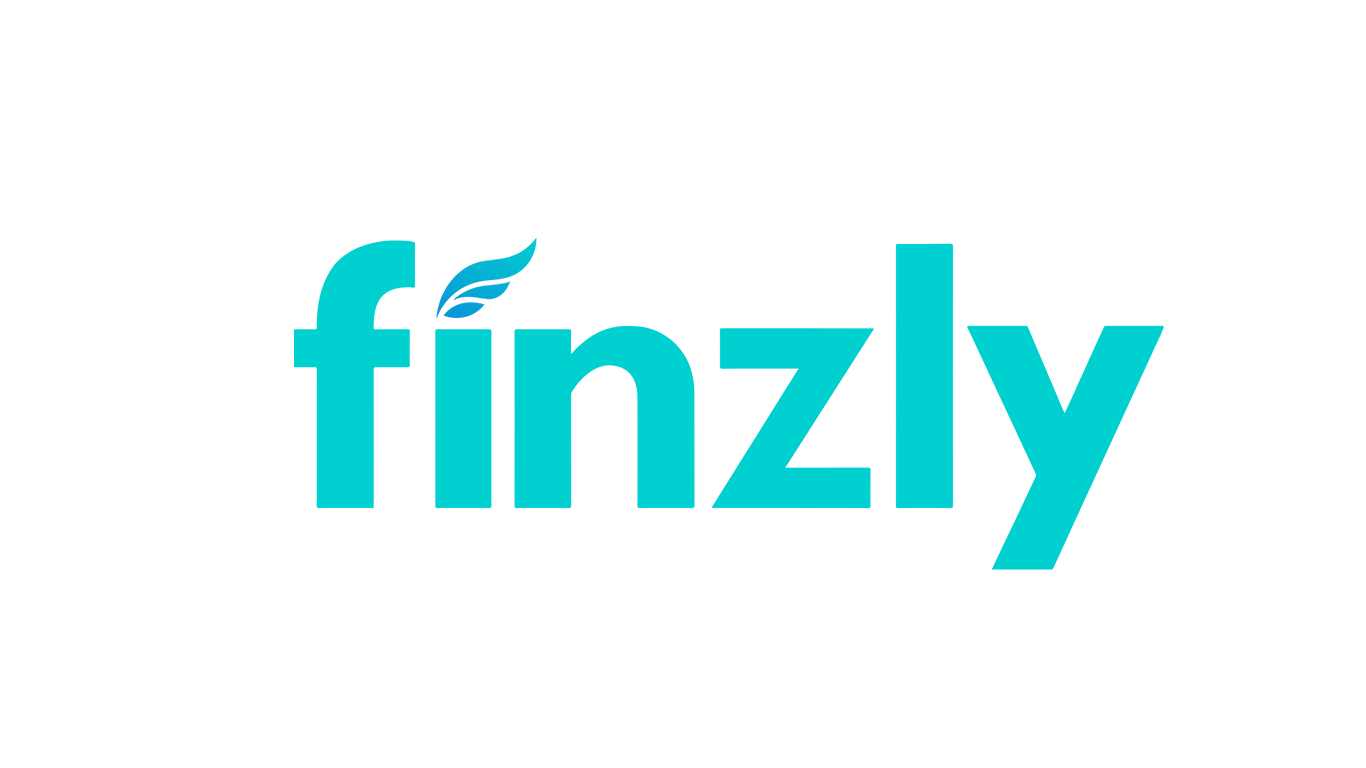
The impending March 2025 migration deadline of FedWire to the ISO 20022 standard by all financial institutions (FIs) presents a strategic opportunity to revolutionize their payment infrastructure and services, according to a new Datos report, sponsored by Finzly, the pioneering provider of modern payments systems.
According to the Datos survey of US corporate finance professionals from 1,037 midsize and large organizations, around 57% are interested in using automated payables and receivables software, with 46% saying they plan to use ISO 20022 for this purpose. The survey found that 17% are already using the ISO standard. This challenges the perception that businesses are not interested in utilizing the new standard and gives FIs a clear business case for incorporating ISO 20022 standards into strategic roadmap prioritization efforts in 2024. The full report can be downloaded for free here.
ISO 20022 presents various benefits for FIs, including improved payment services, strengthened customer relationships, and diversified revenue streams. Furthermore, it offers unparalleled flexibility, interoperability, and efficiency compared to legacy formats, positioning FIs for long-term success in an increasingly digital economy.
The survey results highlight the immediate market opportunity for FIs to capitalize on existing customer demand for intelligent payment routing and embedded banking services enabled by ISO 20022 messaging standards.
With the March 2025 deadline looming, FIs face the critical task of implementing a cohesive strategy and selecting a suitable vendor partner to navigate the complexities of ISO 20022. Failure to do so could leave FIs at a competitive disadvantage and expose them to operational risks in an evolving landscape.
“The transition to ISO 20022 is more than a technical upgrade—it’s a strategic move to enhance efficiency, interoperability, and security in payment systems,” remarked Erika Baumann, Director of Commercial Banking & Payments for Datos, “FIs must embrace this change to remain competitive and future-proof their operations.”
According to Booshan Rengachari, founder and CEO of Finzly, “As the industry normalizes ISO 20022 as the primary message standard, FIs must act decisively to secure their position in the evolving financial ecosystem. By embracing ISO 20022, FIs can meet today’s demands and anticipate tomorrow’s needs, driving innovation and growth in the digital age. Finzly is well-positioned to meet certification deadlines for Fedwire migration to ISO 20022 with all its Fedwire clients, while also supporting other financial institutions seeking to transition to an ISO 20022-native solution for their Fedwire processing.”
Related News
- 09:00 am

KYND Limited, a leader in cyber risk management, is excited to announce an innovative new Exposure Management solution. Powered by KYND’s market-leading risk intelligence and combining best-in-class aggregation risk insights with bespoke, granular cyber disaster scenarios, it enables insurers to more accurately evaluate and manage the accumulation and catastrophe exposure across their portfolios to drive better informed, profitable underwriting decisions.
As systemic risk becomes a central concern for insurers, the sector has been grappling with the challenge of limited capacity struggling to align with the burgeoning demand for cyber insurance. This pressure compounds insurers’ accumulation risk, especially given the existing modelling challenges experienced by market participants. To attract more capacity to the market and open up new opportunities, insurance carriers need more accurate insights and alternative modelling techniques to better understand potential losses, assess the accumulation of risk, and evaluate their capital exposure.
KYND’s newly launched Exposure Management has been designed with insurers in mind to successfully meet the needs of the rapidly growing market. Delivered via an interactive and adaptive model, KYND harnesses its industry leading, proprietary data on portfolio organisations’ cyber footprint and exposure, steering away from reliance on market statistics and assumptions. This innovative approach empowers insurers to proactively manage accumulation risks within their portfolios by leveraging KYND’s deterministic catastrophe modelling and loss projections. As a result, insurers can swiftly attain an accurate assessment of potential cyber incidents in their portfolio, seamlessly model the impact of customisable cyber disaster scenarios, and enhance capacity through improved risk and accumulation communication with providers.
Andy Thomas, CEO of KYND, said: “Rather than a ‘black box’ model, we provide complete transparency into the data and logic behind our exposure analysis. By allowing partners to explore actual vulnerabilities and realistic disaster situations in a flexible way, we offer unparalleled clarity risk exposure and accumulation that facilitates a better understanding of loss potential and empowers optimised risk management strategies, ultimately supporting the creation of a more sustainable cyber insurance market. Insurance carriers urgently need new ways to understand their level of risk, and we’re delighted to say that KYND’s latest development represents a groundbreaking leap forward that combines precision, granularity, and adaptability to meet this need.”
Related News
- 09:00 am
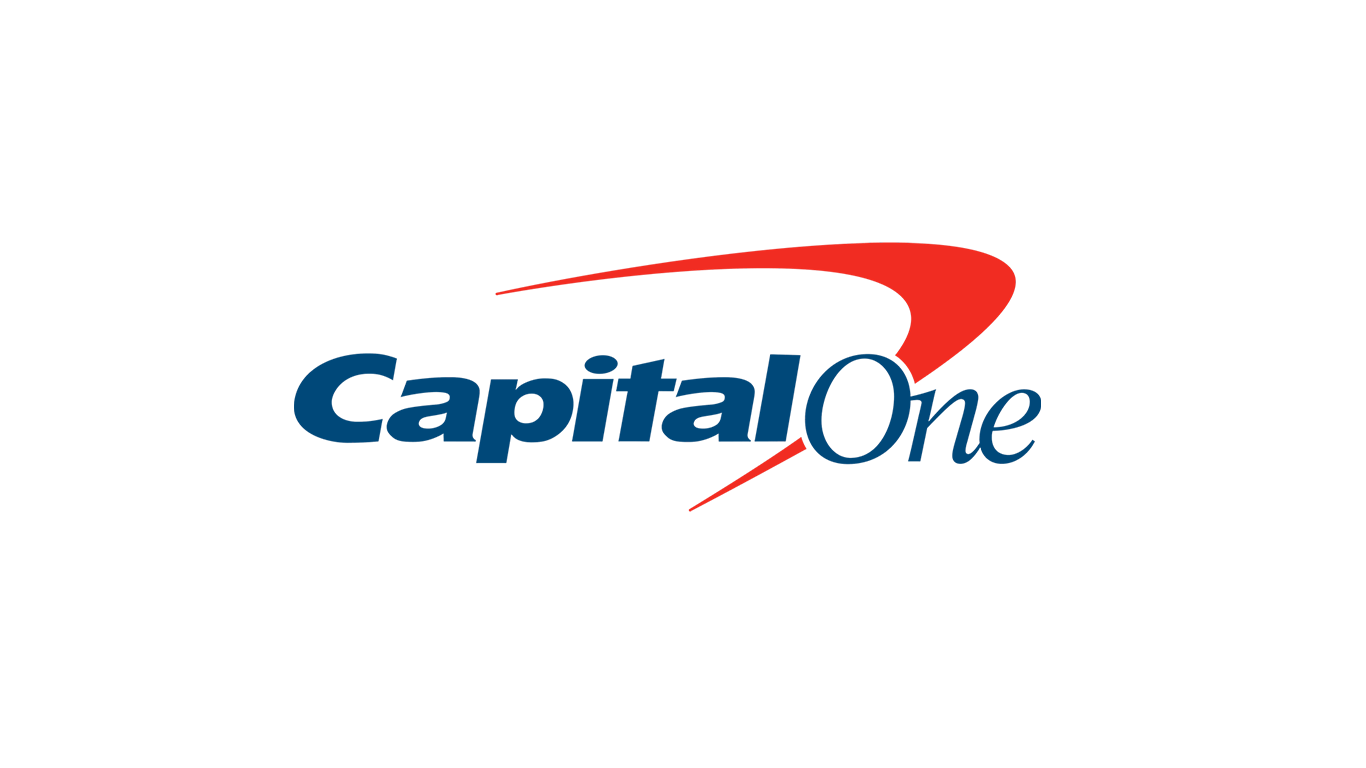
Capital One Financial Corporation (NYSE: COF), today announced that seasoned financial services industry executive Suni P. Harford has been appointed to the company’s Board of Directors, effective April 1, 2024. Ms. Harford will stand for election to the Board by Capital One shareholders in May 2024. As a member of the Board, Ms. Harford will serve on the Audit Committee and Risk Committee.
Ms. Harford brings more than 30 years of risk management, compliance, and banking experience as a senior executive at global financial institutions. Most recently, Ms. Harford served as President of UBS Asset Management as well as Chair of UBS Asset Management’s Executive Committee and Risk Committee. While at UBS, Ms. Harford also served as the UBS Group Executive Board Lead for the firm’s sustainability and impact efforts. Ms. Harford joined UBS in 2017 as the Head of Investments where she was responsible for the investment teams for traditional asset classes and UBS O’Connor, a multi-strategy hedge fund.
Prior to joining UBS, Ms. Harford worked at Citigroup for almost 25 years, most recently as the Regional Head of Markets for North America. Ms. Harford was also a member of Citibank’s Pension Plan Investment Committee and a director on the board of Citibank Canada.
“I am thrilled to welcome Suni to our Board of Directors,” said Richard D. Fairbank, Founder, Chairman, and Chief Executive Officer of Capital One. “Suni has deep experience in banking, having worked for more than three decades supporting clients in the United States and internationally for some of the largest and most sophisticated institutions. She has a proven ability to navigate the opportunities and risks in our industry, and brings a can-do attitude and reverence for rigorous and open problem-solving that will be valuable to our Board. I look forward to serving with her for years to come.”
Ms. Harford served as a co-chair of the World Economic Forum Global Future Council on Investing and has held seats on the board of several industry associations, including the Depository Trust and Clearing Corporation and the Securities Industry Financial Management Association. She has been named the Chair of the Bob Woodruff Foundation’s Board of Directors. She is also a founding sponsor of Veterans on Wall Street, a coalition of major financial services firms established to support military veterans and their transition into the financial services industry. She is involved in many organizations in this regard and received the Outstanding Civilian Service Award from the US Army for her efforts.
Related News
- 06:00 am
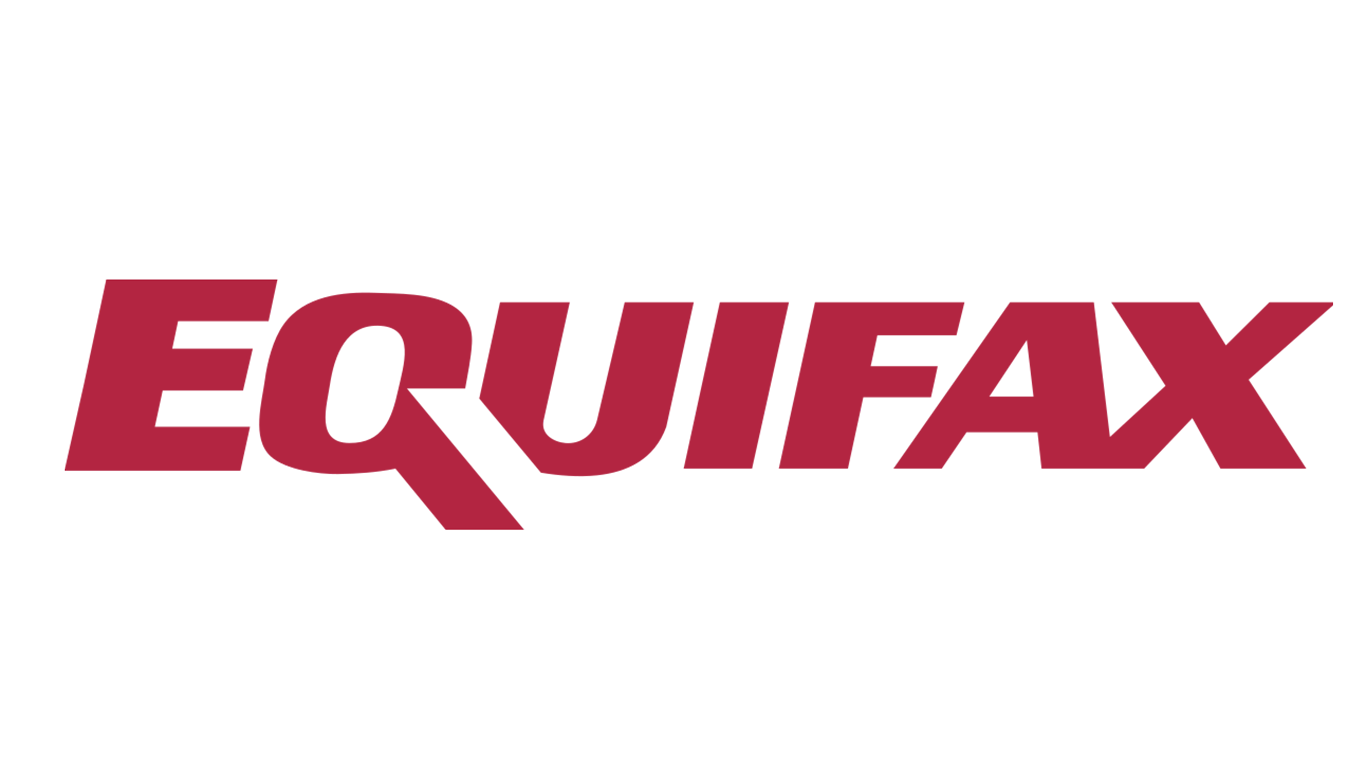
Equifax® is launching a real-time, Know Your Business (KYB) online Business Verification Solution offering to help U.S. lenders and businesses of all sizes make faster, more informed decisions before onboarding new accounts or vendors.
New business applications in the United States have been growing at an unprecedented rate, with five million applications submitted per year since 2021. This growth in the small business marketplace creates a need for both lenders and business service providers to gain visibility into the legitimacy of a business earlier in the application process. This is critically important to internet and phone service providers, financial institutions, lenders, insurance carriers and others, to help identify potential risks – like fraud – before solidifying new business relationships.
"Businesses, both large and small, help drive economic growth – which in turn impacts the communities where they operate," said Sal Hazday, Senior Vice President and General Manager of the Equifax U.S. Information Solutions Commercial Business. "Equifax continues to develop solutions and resources to help provide businesses of all sizes with the information they need to make informed decisions, and our new Business Verification Solution is designed to help companies gain visibility into who they are working with before the relationship is formed."
The Equifax Business Verification Solution leverages industry-leading data and analytical models, providing an easy-to-read, combined report that provides a more complete view of the business applicant and the principal. The solution's robust verification process is based on a comprehensive risk model and allows customers to evaluate multiple aspects of a small business, including:
- Business verification and fraud alert score – These scores help to analyze the business and identify the potential for fraud.
- Principal owner information – Provides the name of the business principal, guarantor, or both, along with address and tax ID.
- Associated businesses – List of other businesses potentially associated with the business owner and/or principal.
- Updates to public records – Identifies adverse business events, such as bankruptcies, judgements and liens, as well as potential discrepancies between the inquiry information and correlated data.
- Credit summary report – Summarizes recent credit-seeking activity conducted on behalf of the business.
- Company profile – Includes information that most closely matches the inquiry information, including business name, legal name, address, firmographics, and more.
- Office of Foreign Assets Controls (OFAC) screening – Screens businesses and the business owner(s) and/or principal(s) against OFAC lists.
Equifax is committed to helping small businesses thrive through innovative products like the new Business Verification Solution and the OneScore for Commercial credit score. OneScore for Commercial launched in May 2023 and helps lenders and service providers score as many as 50% more applications through the power of Equifax commercial data, helping to increase the predictability of default on commercial accounts.









